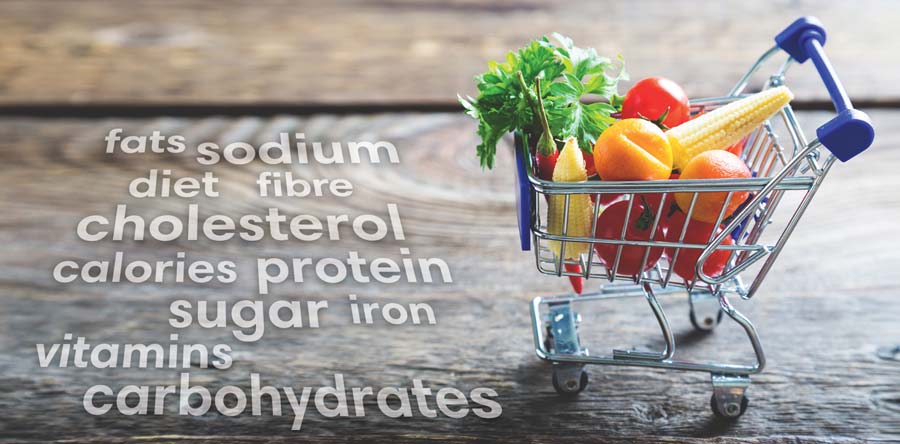



Effectiveness in doubt in France
June, 2017 in Issue 2 - 2017, Sustainability
Inadequate study
It is important to note that, as acknowledged by ANSES, that there is no sufficient level of proof in these types of studies to determine their relation to specific public health issues such as obesity and cardiovascular disease.
This is especially true with respect to a 10-week trial period conducted only in selected regions of a single country. It seems highly unlikely that data could be obtained to show with sufficient accuracy a causal link between the use of the front-of-pack nutrition labelling schemes and any decrease in public health issues.
At most, surveys could be conducted to track consumer opinions on the use of such labels, but this information would be irrelevant to the task of determining whether such labelling schemes are actually beneficial in improving public health.
Given the lack of convincing, conclusive and scientifically-sound evidence provided by such trials and by the use of front-of-pack nutrition labelling schemes in general, food manufacturers and relevant supply chains risk being harmed by potentially negative shifts in opinion among consumers.
Nonetheless, in April 2017, France’s Ministry of Social Affairs and Health notified the European Commission of a draft Order implementing the five-colour Nutri-Score labelling approach as the official (but voluntary) front-of-pack nutrition label. In its notification, France justified the measure on the basis of its 10-week impact study. This had concluded that the Nutri-Score logo was the most effective at allowing consumers to rate groceries and improve the nutritional quality of their purchases.
It is important for the palm oil industry to act. The use of these types of trials should be halted or they should conducted in a more scientific and less commercial manner. Achieving that outcome would require a coordinated effort by all stakeholders, including delegations at the World Trade Organisation and UN Food and Agriculture Organisation, as well as representatives of industries that stand to be most affected.
FratiniVergano
European Lawyers
